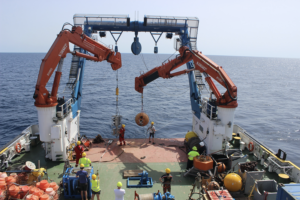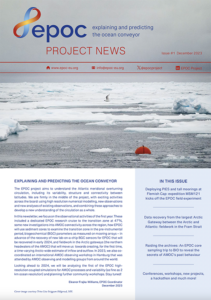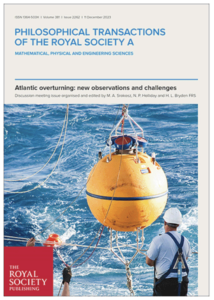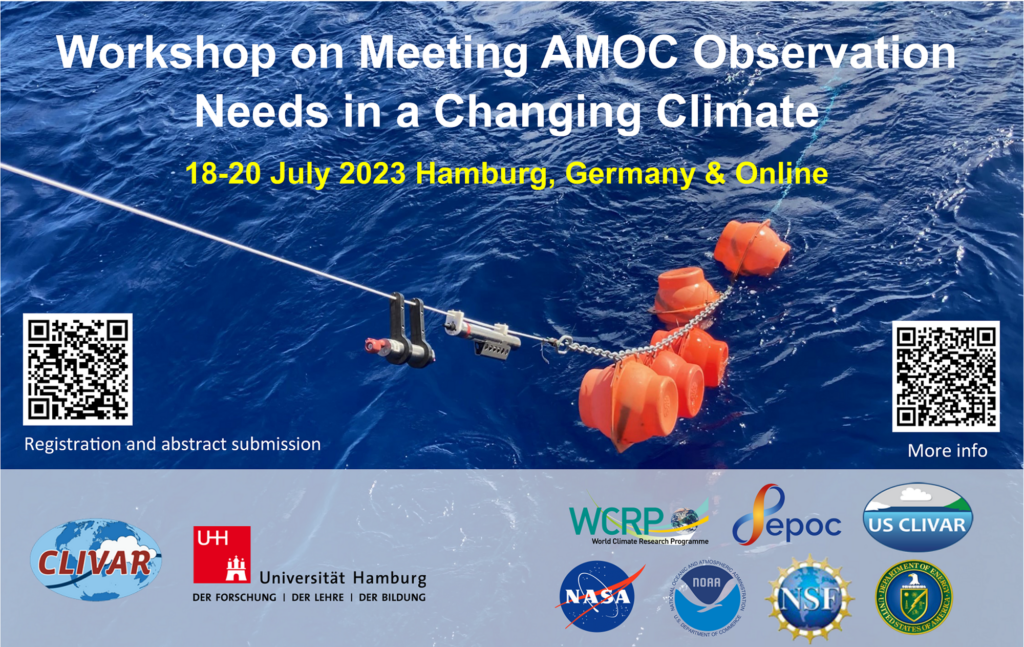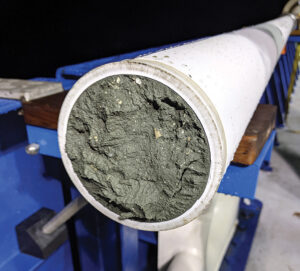
EPOC research shows the Gulf Stream is wind-powered and could weaken from climate change
EPOC research shows the Gulf Stream is wind-powered and could weaken from climate change Research led by EPOC researchers at University College London (UCL) reveals


